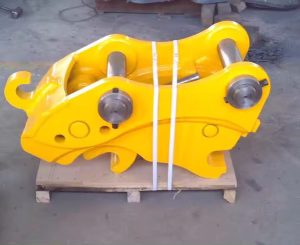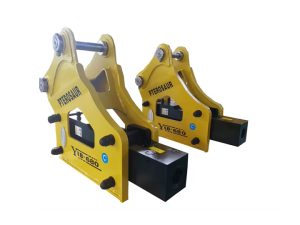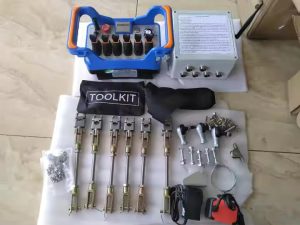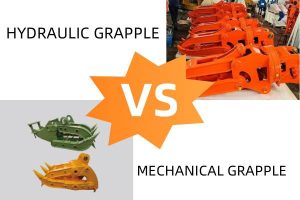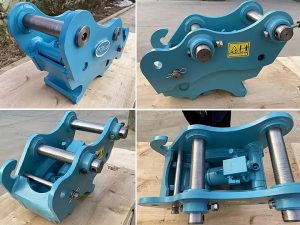
A spojka je sestavni del, ki omogoča povezavo med dvema sistemoma ali komponentama in omogoča nemoten prenos različnih fizikalnih količin, kot so sila, moč ali podatki. Pri strojih, elektroniki ali celo glasbi imajo sklopke ključno vlogo pri izboljšanju funkcionalnosti in učinkovitosti.
Kaj je spojka?
V osnovi je sklopnik vmesnik med dvema sicer nezdružljivima elementoma. Na področju elektronike na primer spojnik USB povezuje računalniško miško s prenosnim računalnikom ter omogoča prenos podatkov in nadzor. Podobno je v mehanskem svetu, kjer sklopke povezujejo dve gredi za učinkovit prenos moči.
Vrste spojk
- Mehanske spojke: Uporabljajo se predvsem v strojništvu in strojih za povezovanje gredi, kar omogoča prenos navora. Na voljo so v različnih izvedbah, vključno s togimi, upogljivimi in univerzalnimi sklopkami, ki so prilagojene posebnim aplikacijam in potrebam po poravnavi.
- Električne spojke: V elektroniki lahko sklopniki olajšajo prenos signalov med vezji. Primeri vključujejo RF-sprejemnike, ki se uporabljajo v telekomunikacijah za delitev ali združevanje signalov.
- Optični sklopniki: Te naprave so bistvenega pomena pri komunikacijah z optičnimi vlakni, saj omogočajo prenos svetlobe iz enega vlakna v drugega. Zasnovane so tako, da zmanjšajo izgube in povečajo učinkovitost prenosa signala.
- Spojke za sodčke: V industriji pijač spojke za keglje povezujejo keglje s sistemom pip. Za različne blagovne znamke piva so potrebne različne vrste spojk, ki zagotavljajo združljivost in pravilno točenje.
- Cevne spojke: Te kratke cevi se uporabljajo v vodovodni napeljavi in združujejo dve cevi, kar omogoča učinkovito upravljanje pretoka. Glede na potrebe vodovodnega sistema so lahko na voljo v različnih oblikah, vključno z nastavki in reduktorji.
Značilnosti idealnega spojnika
Učinkovit spojnik mora imeti naslednje značilnosti:
- Delovanje brez izgub: Med priključitvijo je treba čim bolj zmanjšati izgubo energije.
- Ujemanje impedance: To zagotavlja, da sklopnik ne odbija signalov, kar je ključnega pomena pri elektronskih aplikacijah.
- Vzajemna narava: Delovati mora enako dobro v obeh smereh in ohranjati učinkovitost ne glede na smer pretoka.
Uporaba spojk
Spojke se uporabljajo v številnih panogah:
- Gradbeništvo in inženiring: Mehanske spojke so ključnega pomena za težke stroje, saj zagotavljajo zanesljiv prenos moči pri opremi, kot so bagri in žerjavi.
- Telekomunikacije: Električni sklopniki so ključnega pomena za ohranjanje celovitosti signalov v sistemih za prenos podatkov.
- Glasba in zvok: V instrumentih s tipkami omogočajo sočasno igranje različnih odsekov, kar obogati glasbeni rezultat.
Zaključek
Čeprav so spojke pogosto spregledane, so bistvene komponente, ki izboljšujejo funkcionalnost in učinkovitost različnih sistemov v različnih panogah. Poznavanje različnih vrst in njihove uporabe lahko pomaga pri izbiri prave spojke za specifične potrebe, kar zagotavlja optimalno delovanje.
S prepoznavanjem ključne vloge, ki jo imajo spojke, lahko industrija izboljša svojo operativno učinkovitost in povezljivost.

